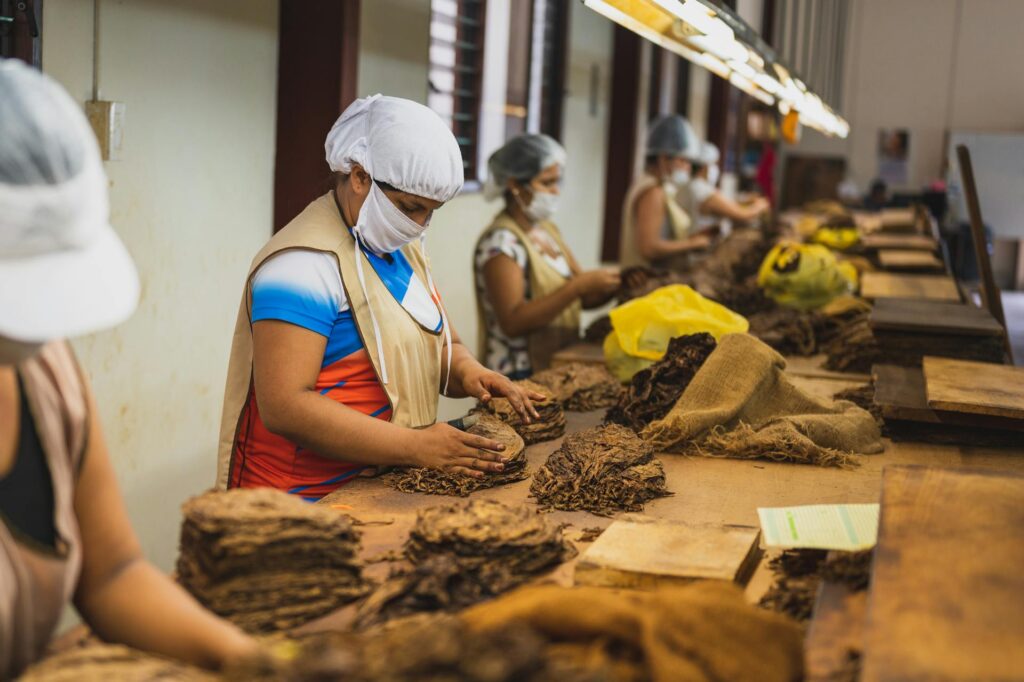June 01 2022
Decree prohibiting the circulation and commercialization of vaporizers of the Ministry of Health
On May 31, 2022, a decree banning the circulation and commercialization of Electronic Nicotine Consumption Systems (“ENCS“), Similar Systems without Nicotine (“SSWN“), Alternative Nicotine Consumption Systems (“ANCS“), electronic cigarettes and vaporizing devices with similar use, as well as the solutions and mixtures used in such systems (the “Decree“), after its publication in the Official Gazette of the Federation (“OGF“) by the Secretary of Health
The Decree provides that the penalties set forth in the applicable Law shall be applied to those who fail to comply with the same.
Relevant background for the issuance of the Decree:
On October 19, 2021, the Plenary Court of the Supreme Court of Justice of the Nation (“SCJN“) declared the absolute prohibition of tobacco products, which can be identified as such, unconstitutional employing Contradiction of Thesis 39/2021, originated by the First and Second Chambers of the SCJN.
The aforementioned is based on the unconstitutionality of article 16, section VI, of the General Law for Tobacco Control, since it contains an absolute prohibition to carry out various acts of commerce related to products that, without being tobacco products, do emulate tobacco, which harms the freedom of commerce and does not prove proportionality.
Despite the above, on October 22, 2021, the Decree modifying the Tariff of the General Import and Export Tax Law was published in the DOF, which prohibits the import and export of ENCS, SSWN and ANCS to enforce the fundamental right to the protection of health and a healthy environment.
On April 27, 2022, the Chamber of Deputies approved the ruling that enacts the General Import and Export Tax Law, which has not yet been published. It prohibits the import and export of ENCS, SSWN and ANCS, as well as electronic cigarettes and similar personal electric vaporization devices, including new and emerging ones that use heated tobacco.
On May 19, 2022, the Ministry of Health, through the Federal Commission for the Protection against Health Risks (COFEPRIS) and the National Commission against Addictions (CONADIC), issued Health Alert No. 12/2021, for “vapers” and emerging tobacco products, for causing serious damage to health.
It is important to mention that, by means of the Decree in question, reference is made for the first time to the banning of the circulation and commercialization of these products.






